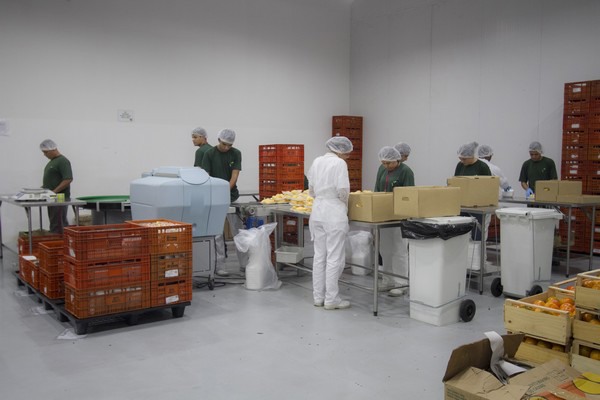"The characteristics of the production processes, combined with tenure for growers is making the Brazilian fruit sector stand out in traceability in terms of controls of origin and food safety," says Giampaolo Buso, director of PariPassu, a technology and solution company for food traceability and quality and a member of the GenesisGroup.
According to him, however, even in the fruit segment there are significant differences. “For example, melons and apples, both for the domestic and foreign markets, meet very strict requirements defined by European countries with regard to controlling the origin and health of the fruit,” he explains.
On the other hand, Buso points out that in lower volume and seasonal crops, with a more regionalized profile, such as strawberries, controls vary and there are still producers with management difficulties to deliver traceability information. “The process is gradually growing, and needs to be consistent. The consequence is food traceability”, he points out.
 Giampaolo Buso
Giampaolo Buso
Strict legislation covers the entire chain
The current Brazilian legislation for food traceability is governed by Normative Instruction 02/2018, proposed by the Ministry of Agriculture, Livestock and Supply (MAPA) and the National Health Surveillance Agency (ANVISA). This regulation requires several pieces of information, starting with the rural producer, who needs to keep 'all records of the field processes'.
The 'trader', also called 'consolidator', needs to provide information on the origin of the product, associating it with tax information about whom he purchased it from, as well as information about destinations, that is, to whom he resold the product. Finally, retail chains need to keep records about the suppliers of the products and make them available to the final consumer.
“These are the three major blocs of controls required. There are details on the operation of each link, however, these are the basic controls, the minimum required”, explains the director of PariPassu.

Consumer raises requirement standard
According to Buso, all surveys with consumers indicate the perception of value regarding information on the origin of the product. “In crisis scenarios like we are experiencing with COVID-19, cheaper products, which compete through informal channels, end up having a price advantage. This behavior however is cyclical, and with each cycle we go up some steps in the population's level of consciousness. We also have a population that is very sensitive to environmental issues and this consumer return requires changes in the primary chain. The path is defined and we are on it. What we have to keep up with is speed”, he analyzes.
Speaking about the main difficulties faced by the traceability sector, the Buso points out the fact that Brazil has a 'fragmented' supply chain, with heterogeneous levels of knowledge among producers, making it difficult to have control to deliver standardised goods." In this sense, when a chain agent takes the lead (a supermarket or a food service chain, for example) the other participants organize themselves to deliver what is being demanded”.
For more information: Giampaolo Buso
Giampaolo Buso
Director
PariPassu
Tel (commercial): +55 (11) 4063-9175
email: atendimento@paripassu.com.br
Website: https://www.paripassu.com.br/
